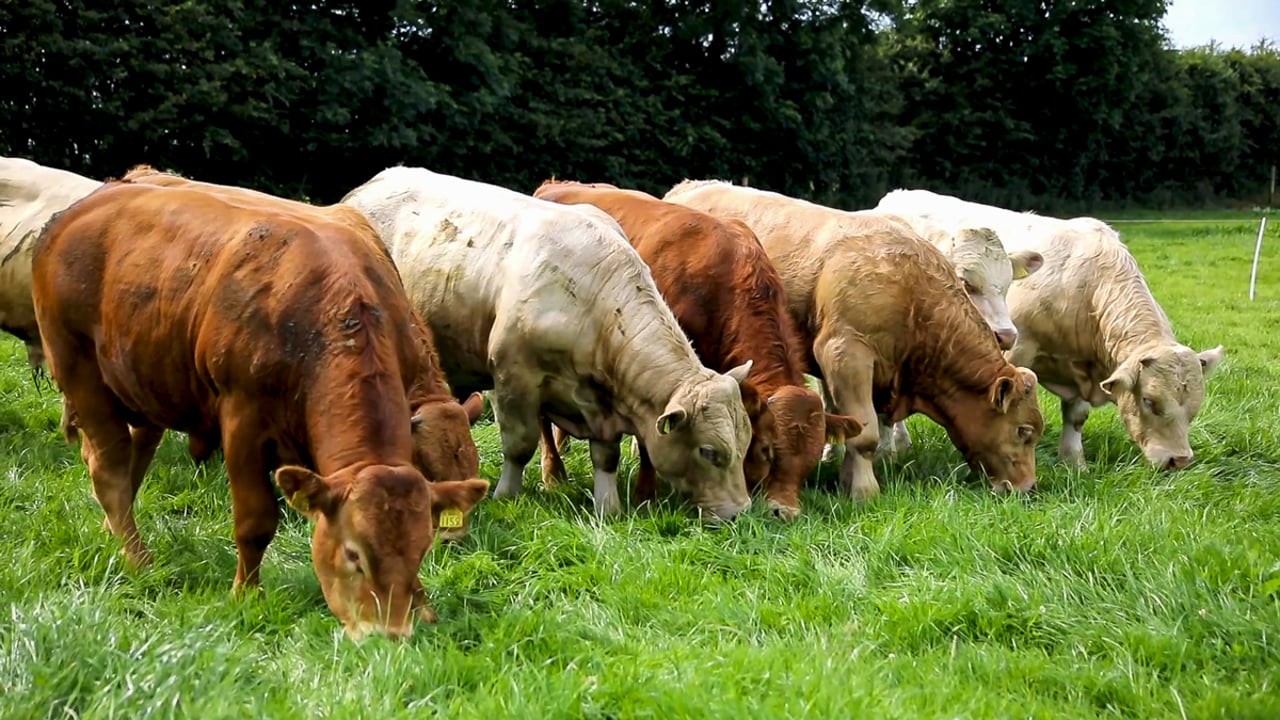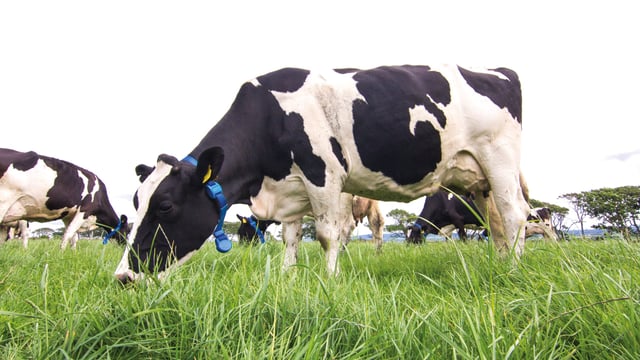ICSA: Beef price gains must keep pace with production costs
The Irish Cattle and Sheep Farmers' Association (ICSA) has said that beef prices must continue to rise to reflect the soaring costs of production.
The chair of the association's beef committee, John Cleary said that “after years of struggle, cattle prices are finally reaching a point where farmers can see a reasonable return on their investment".
"However, this improvement is being eroded by an unprecedented surge in production costs.
"Over the past twelve months alone, expenses have increased by at least 25% across the board.
"Unless beef prices keep pace, many farmers will simply be unable to sustain production,” he said.
Cleary also said that the ongoing disparity between Irish and UK prices is "categorically unjustified" and must be closed.
“As of the end of February, the price differential between UK and Irish beef stood at just over £1/kg, or around €1.20/kg. This is unacceptable.
"Our live exports underline the true market potential for Irish beef abroad, and if our cattle are in demand internationally, then domestic prices must reflect that reality," he said.
Cleary said that higher consumer prices for beef do not necessarily mean farmers are benefiting.
"While consumers may soon pay more for beef, farmers are still being squeezed by spiralling costs - including fuel, feed, veterinary bills, disease control, and contracting charges - while EU supports continue to decline.
"If farmgate prices do not continue to rise in line with costs, the bottom line is that more farmers will be forced out of business, threatening both Irish beef production and wider food security.
“Consumers are, however, more aware than ever of the nutritional value of beef and the effort farmers put into delivering safe, high-quality food," he said.
"The global population is growing, and consumer demand for quality protein is increasing.
"However, without sustainable margins for farmers, the entire industry is at risk.
"We need positive gross margins and fair profits for our livestock farmers - these are the only key drivers that will sustain our industry and encourage the next generation into the sector.
"Put simply, for production to remain viable into the future, farmers must be guaranteed a fair return for their time and investment," Cleary added.





